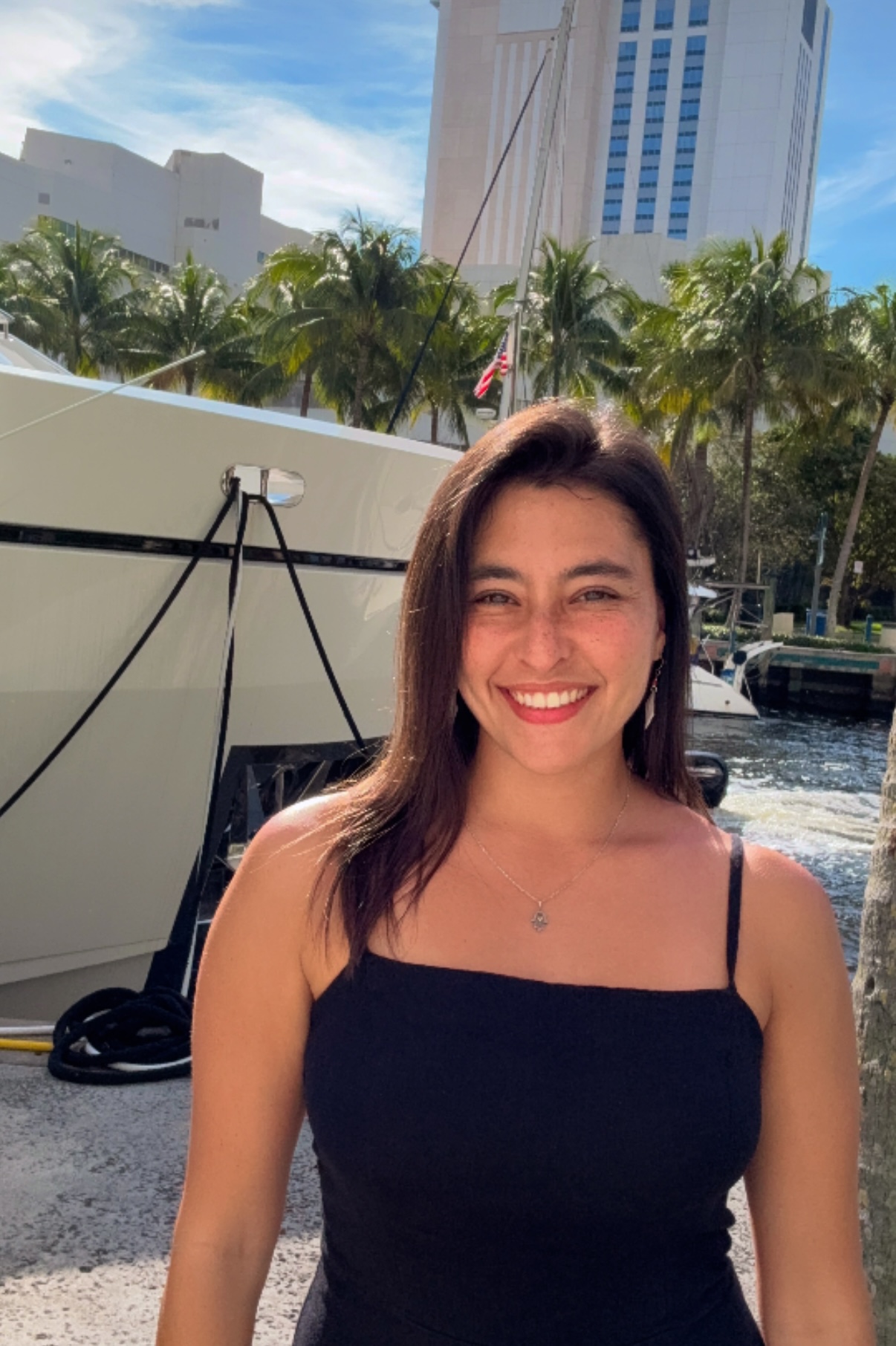Alright – so today we’ve got the honor of introducing you to Gabriella Cramer. We think you’ll enjoy our conversation, we’ve shared it below.
Gabriella, appreciate you joining us today. One of the things we most admire about small businesses is their ability to diverge from the corporate/industry standard. Is there something that you or your brand do that differs from the industry standard? We’d love to hear about it as well as any stories you might have that illustrate how or why this difference matters.
I created GC MARITIME Consulting & Training to help close the safety culture gaps I have seen over the last decade in the yachting industry. Differing from a management company or an independent surveyor, my goal is to target AND overcome the safety culture gaps the Clients notice within their safety systems or onboard culture. For me, the Clients can be crew, owner’s offices, management companies, regulatory bodies, and more yet to be discovered. The issues I want to overcome require all stakeholders to contribute and its the people that make or break this industry.
Often, I find the industry knows it needs help with increasing safety culture mindset but isn’t sure where or how to resolve it. We come in with a fresh pair of eyes to help identify the areas of concern and further help resolve them. For safety culture to exist in an industry, the industry needs to understand the importance of and adequately implement compliance. When it comes to the term, “compliance,” it is seen commonly as a mundane, tedious, or boring topic. For us, it is our passion and adapting explanations of it and why it matters to all stakeholders is invigorating especially when that “A-ha!” moment lights up their face, starting to allow “compliance” and more so “safety culture” to become part of the everyday paradigm.
If the industry increases the safety culture mindset, all entities win – We believe and know that increased safety culture leads to more informed, knowledgeable persons, less incidents and better mitigation of unavoidable risk, less money spent due to the decrease in incidents; and if engaged in trade, money earned due to continued operations.
As always, we appreciate you sharing your insights and we’ve got a few more questions for you, but before we get to all of that can you take a minute to introduce yourself and give our readers some of your back background and context?
I stumbled upon yachting accidentally. I was 19 years old and had no idea this industry existed when I applied to be a server at Hilton Fort Lauderdale Marina (even if the hotel name should have cued me). One day while serving two guests, they offered me a job onboard a yacht docked at the marina. Turned out that I was serving the Captain and Owner of the yacht. Not knowing much about a career aboard, I thought they were joking. They called the Chief Stewardess via VHF radio to come to the pool bar and chat with me about it. She told me the pros, the cons, the prerequisites, and I left thinking, “What in the world have I stumbled on to?” The next few nights, they invited me to dinner onboard with the Owners and their dog (which now I realize how significant that is) to see things from the guest experience and then they asked me to assist during the Fort Lauderdale Boat Show so I could see things from the crew’s angle. At the end of the evening, they offered me a job. I politely declined.
With only one class away from graduating with my Associates degree, I decided to finish what I started first. Following graduation, I decided to try yachting out. To start, I worked onboard permanently and was initially flown to Italy with others from around the world for a new build yacht. A few months in, when the project was delayed, we were repatriated so I filled in temporarily on a local yacht that cruised around Florida, then re-joined the Italian-built yacht once it came stateside. Working onboard a yacht is unlike anything you experience on land – there are similarities you can expect (drama amongst coworkers, high expectations, varied skillsets), but you’re on a moving platform, the accents are from the far reaches of the world, the hours are long (think medical staff on land), scheduling anything shoreside or creating a stable schedule is nearly impossible, and the privacy is limited to none as you typically share a cabin unless you’re a licensed or high level Head of Department on a larger yacht. You work, eat, sleep, party, breathe in the same air as the 2 to 30+ other crew. You start to forget which anchorage, dockage, or even country you are waking up in. During my time, I had varied experiences – some epic, some devastating, and some uncomfortable. The industry’s dark side is very real and at one point, I was over it and not sure how to grow professionally so I left working onboard permanently and started university.
I obtained my Bachelor’s degree in Marine Affairs & Policy with Environmental Science at the University of Miami, went on to work at a local maritime law firm assisting on cases of crew wage claims, personal injury onboard, admiralty cases of allision, and long shoreman cases. I realized I loved the positive impact maritime law can have on the maritime industry, but also that I didn’t want to be a lawyer. Deciding to specialize in maritime law, I applied and was accepted into the University of Southampton in England where I achieved my Masters of Law (LLM) in Maritime Law.
While writing my dissertation, I applied worldwide for a role in safety and environmental protection and this ironically led me right back to Fort Lauderdale. For 7+ years, I worked at a prominent yacht management company which allowed me to apply my studies in real life, learn and grow my passion for compliance as well as learn the commercial angles, and train others. I left October 2024 and opened GC MARITIME Consulting & Training in November 2024.
My aim with the company is to help increase the safety culture mindset within the industry. It desperately needs it. We see unnecessary incidents occur too often and have tons of companies that handle brokerage, management, crew recruitment, employment, refits, independent surveyors. However, it is rare to see one that specializes in all aspects of maritime compliance, both in ad hoc tasks as well as ongoing maintenance of a safety system or training. Over the past eight years, I have observed that despite good intentions of crew and shoreside professionals, the results are sometimes insufficient, which can pose risks. Inadequately trained/educated persons in maritime leads to additional risks on top of the inherent operational risks of working at sea. For me, “maritime compliance” encompasses vessel and crew certification reviews, review and recommendations for Safety Management System and other manuals onboard, helping crew develop vessel-specific procedures and safety forms, performing Vessel and Company Audits, helping with compliance-related tasks like changing from fully private to engaged in commercial operations (chartering), training stakeholders on compliance areas relevant to them, and providing general awareness to the industry about best practice, regardless of private versus commercial operations.
The key elements to know about our work at GC MARITIME Consulting & Training are our values: transparency and honesty. Authenticity matters and those two values mean that whether the feedback is well received or unexpected, it is given from a genuine place of passion and determination to provide a quality, detailed service. We believe this leads the industry to think and act in a more respectful, professional, safe manner which also creates sustainability. If we can help increase the safety culture mindset for even a few people in the industry, crew and landbased professionals alike, it will inherently spread to others they interact with. It’s a paradigm shift.
How about pivoting – can you share the story of a time you’ve had to pivot?
Most people in my networking circle today don’t know that before being in the yachting industry, I was a Musical Theatre major. I have been performing on stages since I was about 5 years old; dancing, acting, and my other lesser-known passion, singing. I thought this was important to share because I imagine that there are plenty of people out there that come across the mental dilemma where they realize they either don’t know what they want to do in life OR they have made a choice that no longer serves them.
My last on-stage performance was in 2010 when I lived in Texas. I was 18 years old and was chosen as the lead in the production that season. A slew of backup vocalists (my fellow, female musical theatre classmates) harmonized with me on the infamous Broadway musical Spring Awakening’s “Mama Who Bore Me.” We practiced for months and when the day came, I could feel it inside, I had nailed the performance and so did they. Despite the usual uplift of applause from the audience and the flowers my parents gave me, I cried at dinner. Although performing made me happy, I realized that it no longer served me the way I needed it to and that reality was the hard truth I had been avoiding.
We moved back to Florida late that summer, I transferred community colleges and needed to choose my next major. Something I read while drafting this response said, “Choose your hard. If not, life will choose it for you.” That resonates in this story and if you think about it, every day with any choice we make. I sat with my mom in the guidance counselor’s office while they waited on me to decide. I pondered the things in life that make me happy – animals, sunshine, the ocean, and a want to improve the lives of others. I chose Marine Biology and hoped for the best. Even though it meant I had to start over and delay graduation since Arts versus Science courses don’t follow the same tracks, it was still one of the best decisions I made. It was not easy, but it was the hard I was willing to take on.
It lead me to maritime law because (I believe) sometimes, one good thing leads you to another if you pay attention, recognize what makes you feel good, and trust the unknown path. While studying Marine Biology, I worked two jobs (one at the college in Honors Admissions and the other at Hilton Fort Lauderdale Marina as a server). And in that server role, I happened to meet the two guests I mention in response to a previous question that would change my world forever.
If this story advises or inspires anything, let it be to “choose your hard” and to trust your gut against all odds even when you know it isn’t the popular choice.
Learning and unlearning are both critical parts of growth – can you share a story of a time when you had to unlearn a lesson?
While in law school, I had to write a dissertation that argued something. It could be anything maritime-related. I fell back on to the one maritime topic I knew, yachting. My dissertation was titled, “Whether Current Safety Regulations are Adequate for Motor Yachts under 500 gross tons.” I was so adamant that the problem with the yachting industry and cause of the incidents was because there were not enough regulations preventing them. I had read thousands of law cases showing failures that should not have occurred if we guided our crew better through more rules . . . or so I thought.
Two months into writing, I couldn’t for the life of me produce enough words and the deadline was looming. I sent my draft to my law professor and he told me (non-verbatim), “It’s terrible; I can’t even advise you because I don’t even know how to clean up what is here.” I had to re-write the entire thing so again, I pondered. “What causes an incident? How do we get to a point where something goes wrong?” I reviewed the cases I wanted to use in my paper and played devil’s advocate (meaning I contradicted my initial assumption). With this, I realized, it is not a problem of lack of regulations. It is a problem with the general mindset in the industry. The term “safety culture” showed up in a scholarly article I read, and I knew, this was the key. Effective incident and failure prevention depends on understanding the correct processes for completing tasks or addressing scenarios safely. Establishing these processes requires guidance from experienced personnel or subject matter experts, which includes both onboard leaders such as Captains and Heads of Departments, as well as adequate shoreside support throughout the operation. Expertise is developed through comprehensive training and practical experience across a range of situations. For maritime professionals to undergo training (mandatory or not), build themselves over time and lead others correctly, they must have a safety culture mindset which includes people management skills, good communication, safety as second nature, and the willingness to act.
Initially, I believed that involvement in maritime law meant regulations addressed every issue. I had to unlearn this and in fact, regulations are commonly created and subsequently put into effect after a tragedy has occurred. Moral here, be careful with your own assumptions – you may be surprised to see that the unlikely answer is the one you were looking for all along.
Contact Info:
- Website: https://cramermaritime.com/
- Instagram: @gcmaritime
- Linkedin: https://www.linkedin.com/in/gabriella-cramer-0210633a/
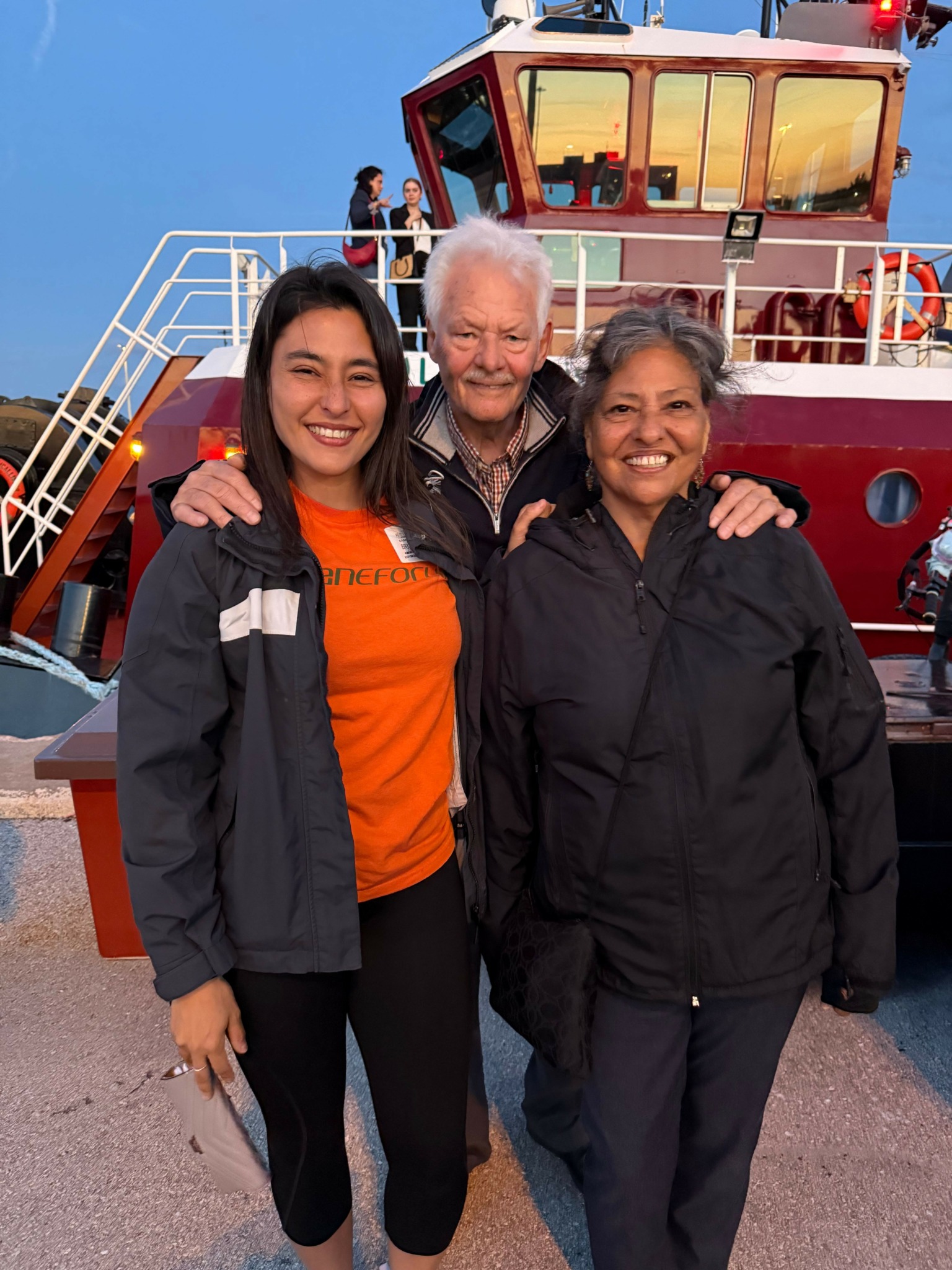

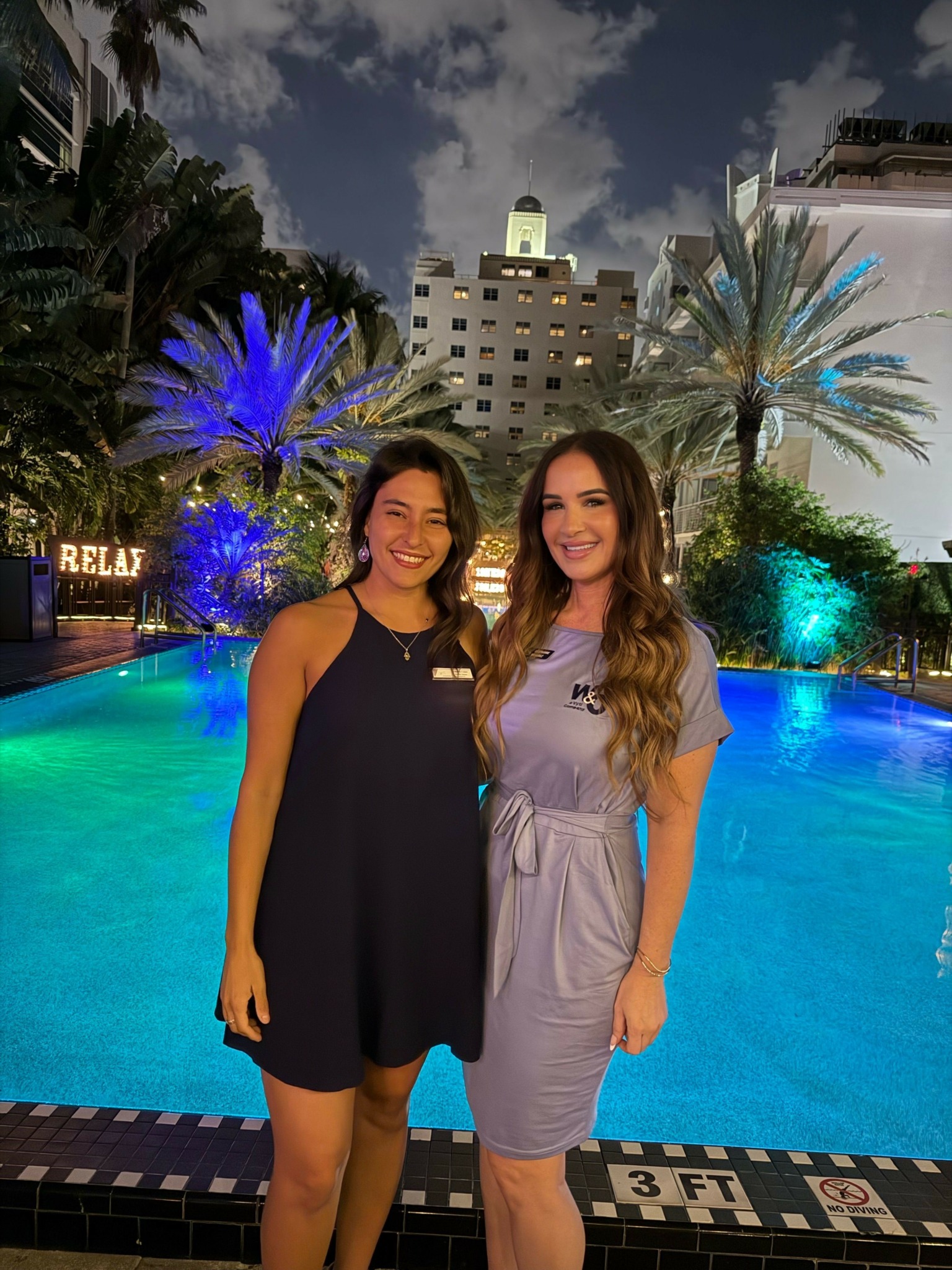
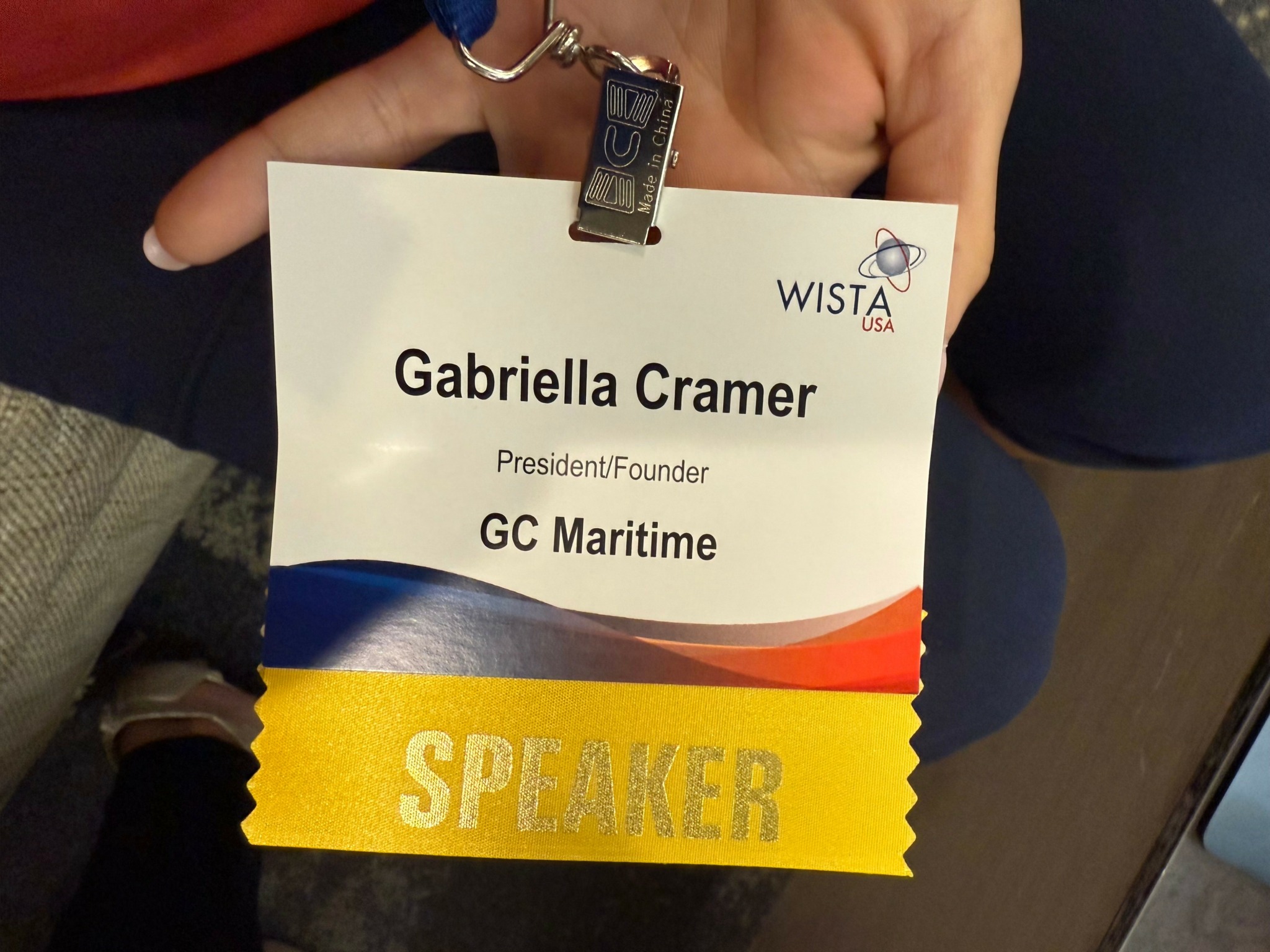
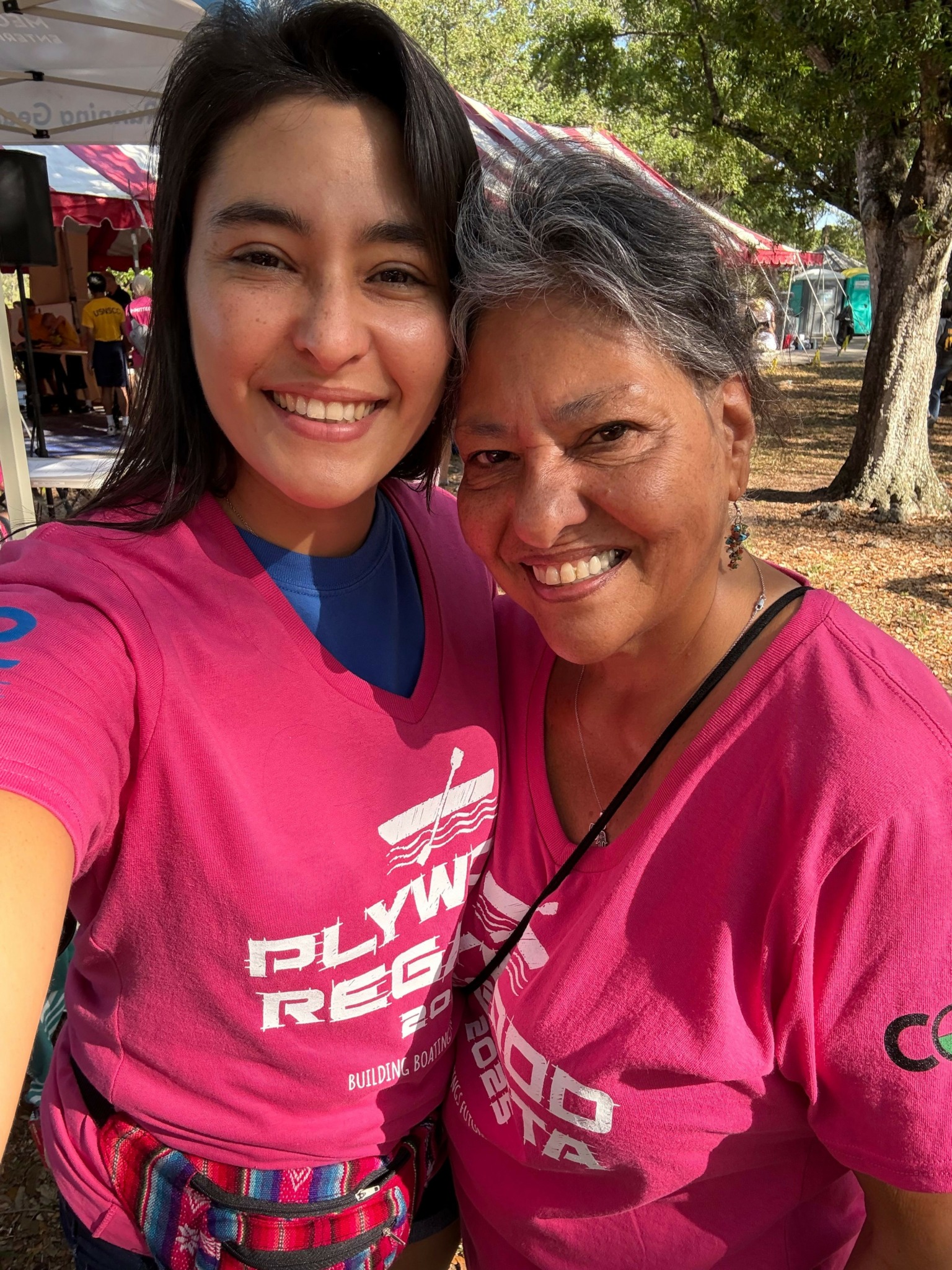
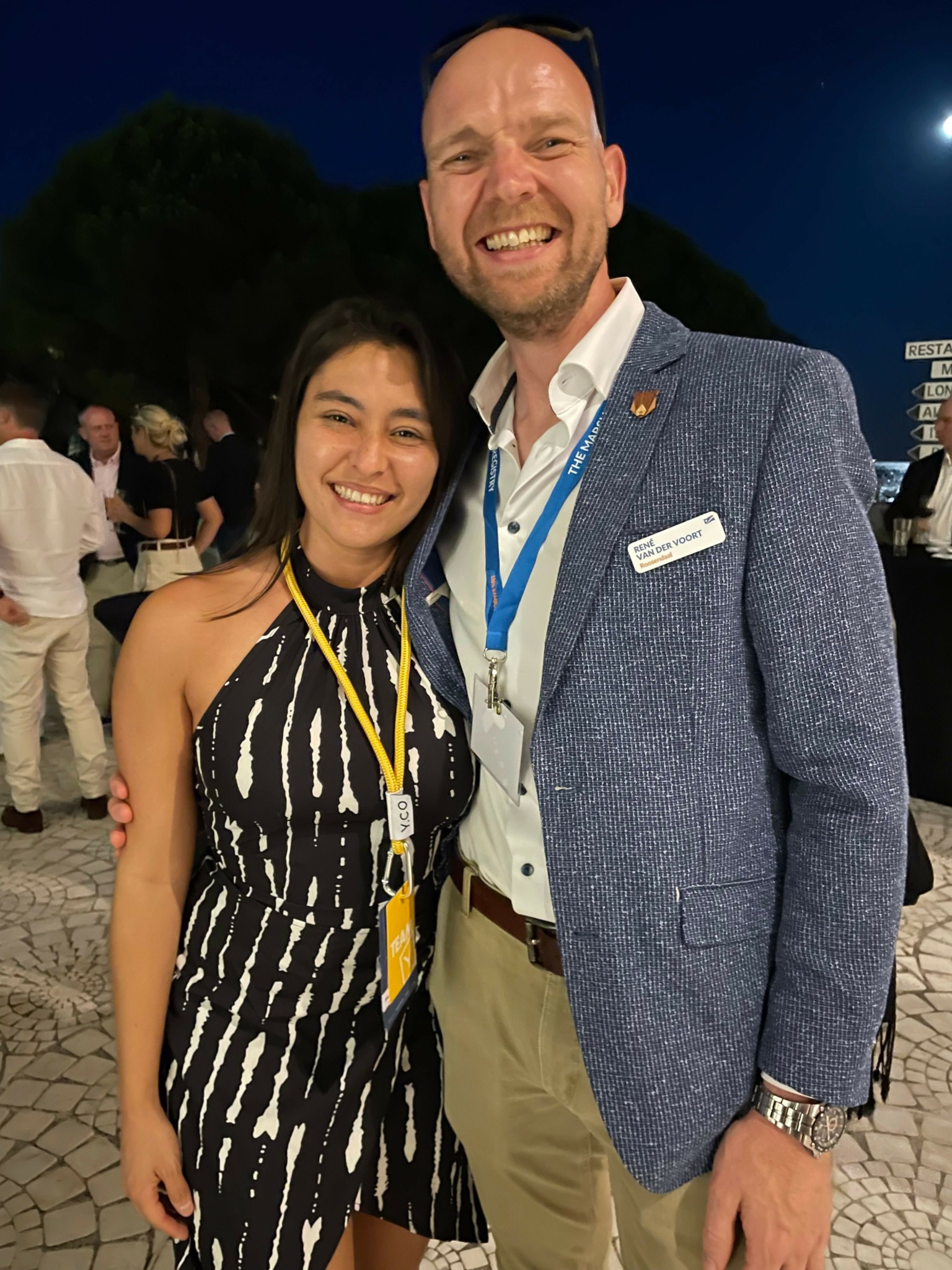
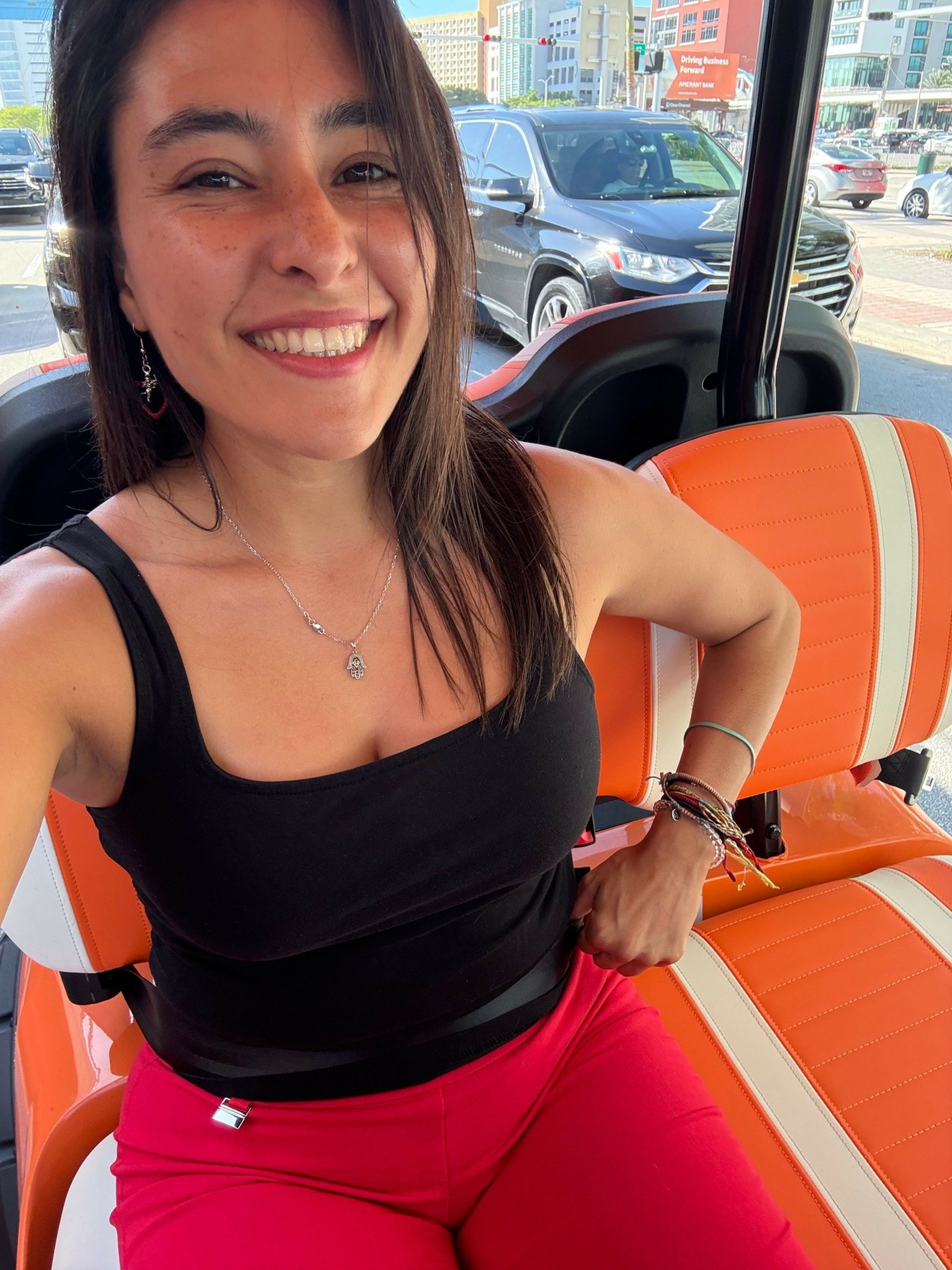
Image Credits
Gerrit and Marie Cramer, Tia Taylor, Stephanie Ramirez, Bongani Mabena, Anthony Beveridge, Colin Adams, Peter Southgate, Kayla Martin, Katie Hagan, Hanne Wulp, Seda Turhan, Rene Van Der Voort


